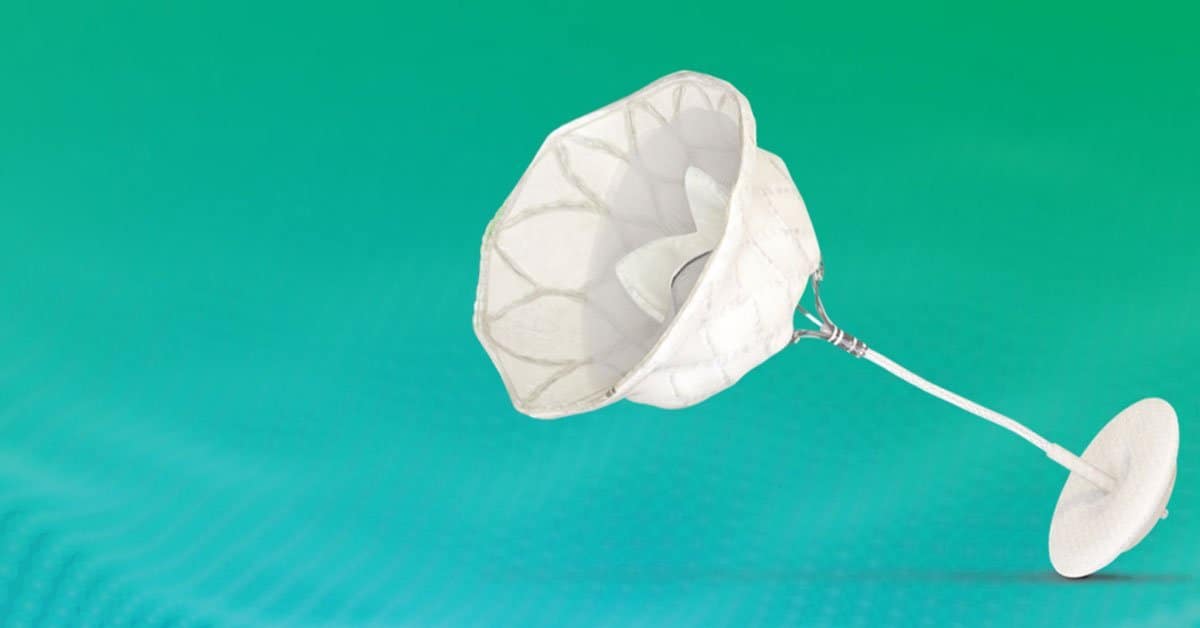In the not too distant past, the vast majority of cardiologists worked their entire careers in private practice, but a range of economic and administrative changes have driven around 70% of US cardiologists into hospital and corporate employment. In today’s issue, we’re diving into cardiology’s employment shift, and what the future holds for private practice cardiologists.
Cardiology’s private practice declines are part of a wider trend across all of medicine, with the AMA estimating that the share of US doctors in private practice dropped from 76% in the early 80s to under 47% in 2022. Meanwhile, nearly 60% of all physician practices are now under hospital or corporate ownership.
The shift away from private practice has been particularly severe within cardiology, as estimates suggest that only 10k of the US’ 33k cardiologists remain in independent practices.
- Those practices are apparently getting smaller, with nearly 80% of independent cardiologists working in practices with under 10 physicians, and almost 40% working in single-physician practices.
- In fact, there’s now only 30 independent practices with over 50 cardiologists.
The shift towards corporate and hospital-owned cardiology groups doesn’t seem to be slowing down, as a long list of challenges (e.g. falling reimbursements, rising costs, administrative burdens, payor difficulties) and incentives (e.g. partners want an exit) are driving more practices to seek acquisitions by hospitals or private equity-owned groups.
- In fact, the recent emergence of private equity cardiology platforms seems to be intensifying the shift away from truly private cardiology practices.
That said, we are still seeing hospital-employed cardiology groups taking themselves private.
- Many cardiologists aren’t exactly happy with their hospital employment. Some are drawn to the lifestyle (e.g. autonomy) and/or entrepreneurial (e.g. opening ASCs) upsides of going private, and there’s now more resources available to help them make that happen.
- However, many of those cardiologists might be more likely to look for a private equity partner to help fund their shift towards “independent” practice (but not exactly private practice).
There’s also plenty of private cardiology groups who are planning to stay private, either by adding scale through organic growth or mergers with other private practices, adding new ASCs and procedural labs, or by addressing their administrative challenges through outsourcing key operations.
The Takeaway
Private practices continue to decline in cardiology and across all of US medicine, and although there are plenty of options for practices to go or stay private, it appears that this trend will continue unless we see major policy and reimbursement changes.






